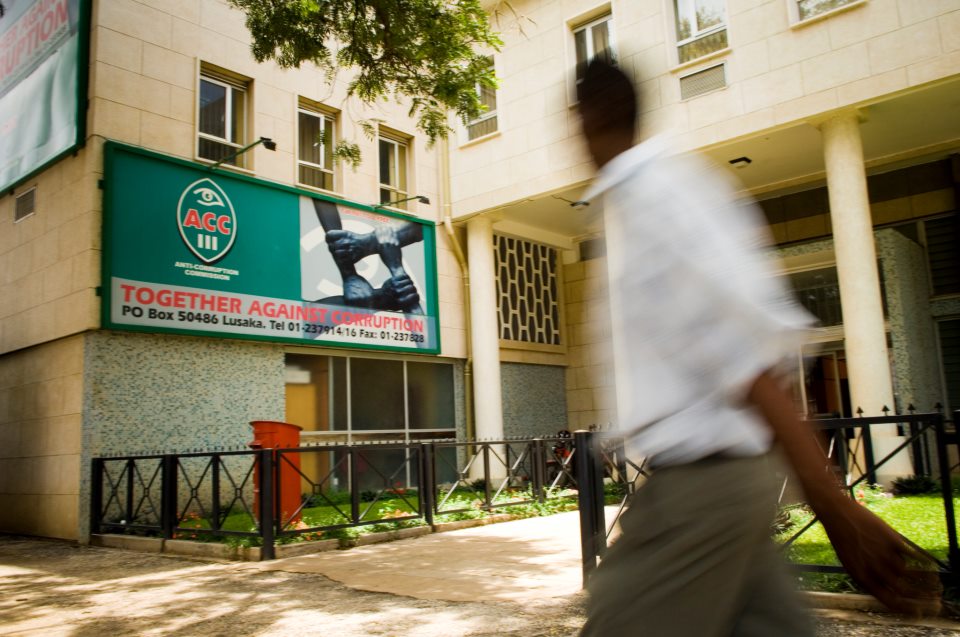Anti-Corruption Commission Holds 2nd Quarter Media Briefing
The Anti-Corruption Commission (ACC) held its 2nd Quarter Media Briefing today, providing an update on its activities in the fight against corruption in Zambia. The briefing highlighted the Commission’s efforts to curb corruption, prosecute offenders, and prevent future incidents.
In his address, the Head of Corporate Communications at the ACC, Timothy Moono, reiterated the Commission’s commitment to engaging the Zambian citizenry in the fight against corruption. He stressed that tackling corruption was not solely about punishing the corrupt but also about fostering a society where corrupt practices are actively rejected, and integrity is upheld.
The ACC lauded the recent executive decision by President Hakainde Hichilema to remove former Luapula Provincial Minister Hon. Derrick Chilundika and arrest those involved in illegal mining activities related to Sugilite. This move demonstrated the government’s strong political will to combat corruption in all forms.
Mr. Moono highlighted the ongoing investigations into public officials at the Ministry of Finance and National Planning. Notably, 20 officials, including the former Auditor General, the Accountant General, and two Deputy Auditor Generals, were arrested for making payments for fictitious activities and embezzlement of public funds. Additionally, the Permanent Secretary at the same ministry, Mr. Mukuli Chikuba, and the Director of Internal Audit, Mr. Francis Ngwenya, were also arrested for various offenses related to corruption.
Furthermore, the ACC noted that it had received one report of suspected corrupt practices from the Financial Intelligence Centre (FIC) during the 2nd quarter. This brings the total number of cases received from the FIC to five, all of which are under investigation.
Apart from investigations and prosecutions, the ACC has been proactive in implementing corruption prevention measures. The Commission facilitated the establishment of Integrity Committees (ICs) in various government institutions, including the Ministry of Foreign Affairs, the Office of the Vice President, and Chinsali Municipal Council. The recently launched Integrity Committee Handbook equips members with the necessary knowledge to execute their roles effectively.
Public education also played a significant role in the Commission’s efforts. Through various outreach programs, including lectures, radio programs, community talks, and public rallies, over three million people were reached to raise awareness about corruption as a societal ill.
During the quarter, the Commission received 294 reports of suspected corruption cases, leading to 152 reports not having elements of corruption, and 142 reports containing corruption elements. Out of these, 135 were authorized for investigations, resulting in ten arrests and eight convictions.
In conclusion, Mr. Moono emphasized the importance of public involvement in reporting corruption and deterring others from engaging in corrupt practices. He urged the public to reject corruption and contribute to fostering integrity and trust in the government’s operations.
The ACC’s unwavering commitment to the fight against corruption demonstrates its dedication to building a transparent and accountable society in Zambia.



